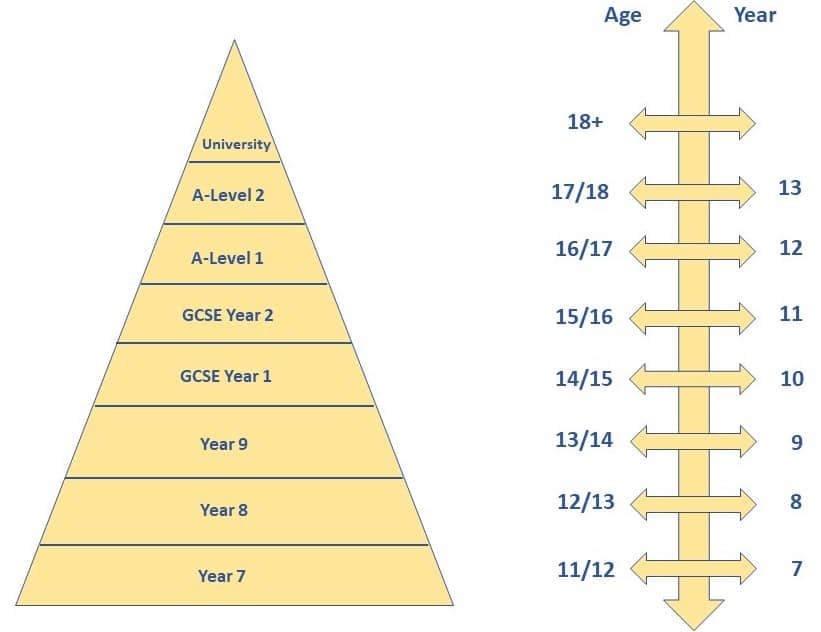UK Education System
British University education has been developed over the last few centuries. It combines its tremendous traditions and modern multiculturalism and is well-known worldwide for its excellent research and academic quality. Its academic qualifications are widely recognized and respected globally. There are about 125 universities in the UK, with diverse courses and offering a more extensive choice of subjects than Hong Kong. In the fields of aircraft engineering, disaster management, forensic science, veterinary medicine, etc., there are independent degree courses in the United Kingdom, which allow students to acquire more about related majors and have a constructive effect on work and interest development. Most students can successfully enrol in the expected department and study the degree course they like, which significantly increases the motivation to learn.


The Russell Group
Universities
The Russell University Alliance was founded in 1994 and consists of 24 well-known research universities in the UK. The alliance is known as the “Ivy League” in the UK and represents the top universities in the UK. Russell Group University includes more than 65% of the research funding and sponsorship funds of British universities every year. The Russell Group has produced a total of 188 Nobel Prize winners. The origin of the name of the Russell Group is that in view of the Presidents of these 24 universities, the research fund meeting is held at the Russell Hotel next to Russell Square in London every spring. The competition for admission to Russell Group University is relatively fierce, with an average of seven students applying for each place. In some specialties or more outstanding courses, more than 20 applicants compete for a place. Members of the Russell Group University include:
| University of Birmingham | University of Bristol |
| University of Cambridge | Cardiff University |
| Durham University | University of Edinburgh |
| University of Exeter | University of Glasgow |
| Imperial College London | King’s College London |
| University of Leeds | University of Liverpool |
| LSE London | University of Manchester |
| Newcastle University | University of Nottingham |
| University of Oxford | Queen Mary University of London |
| Queen’s University Belfast | University of Sheffield |
| University of Southampton | University College London |
| University of Warwick | University of York |
Types of boarding schools
There are Five types of boarding school: preparatory schools, senior schools, independent sixth-form colleges, international study centres and state boarding schools.
Preparatory or 'prep' schools
cater to students between the ages of 7 & 13 years. They are traditionally known as preparatory schools because they prepare students for senior school. Some prep schools are attached to a high school offering education from age 4 through to 18 years of age.
Prep school students generally transfer to senior school between the ages of 11 and 13.
